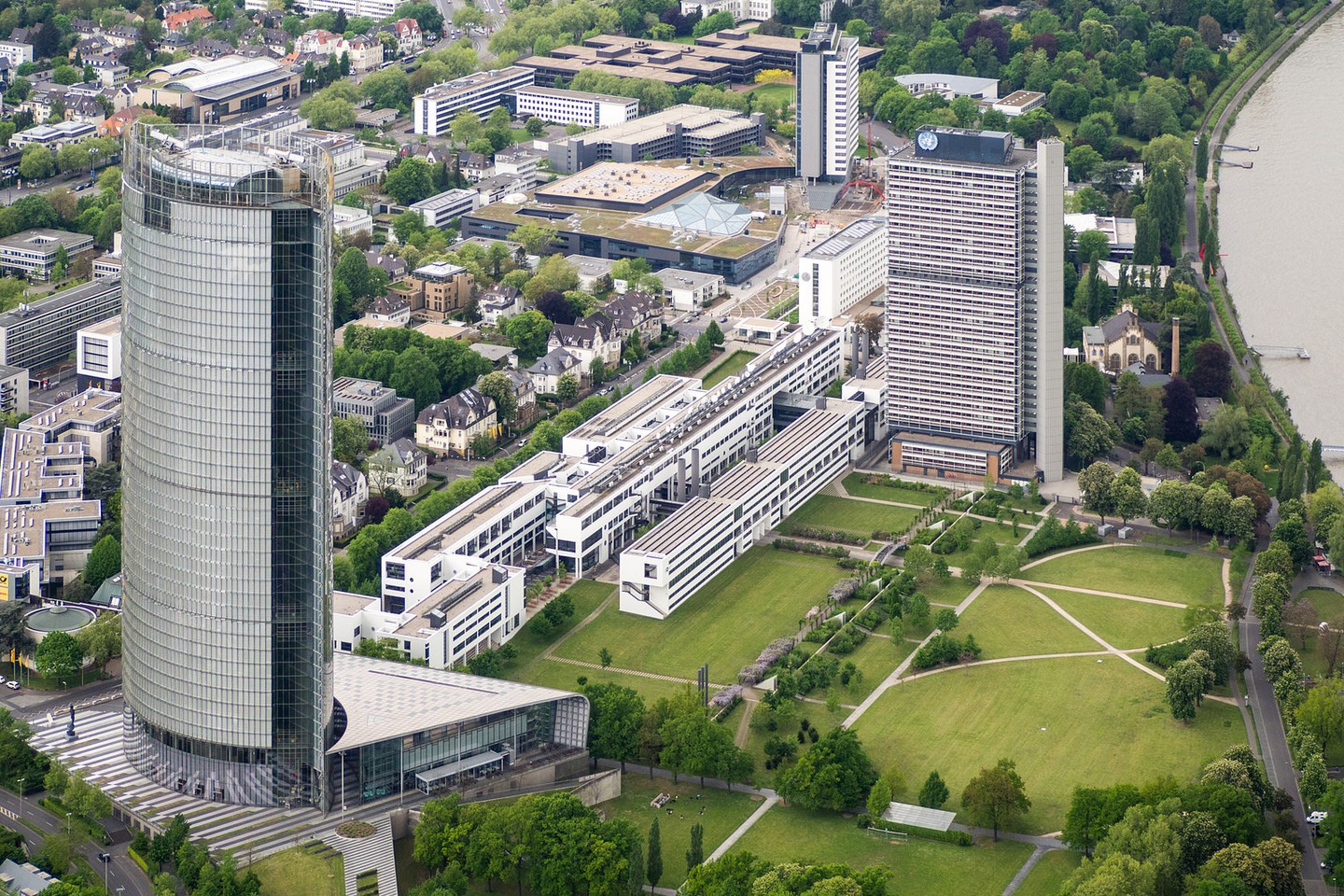In the aftermath of the Paris Agreement, international climate negotiators gathered in Bonn, Germany, in mid November, to discuss and commit to enhanced national climate plans, to reduced CO2 emissions and to climate-safe alternatives.
We are still a long way from achieving our goal, with global GHG emissions still rising and expected to continue to climb through 2030. However, remarkable progress has been made: according to a new WRI research, 49 countries have already peaked their emissions, which now means that they will start to decrease. A new coalition of countries pledged to phase out the burning of coal by 2030 and the Kigali Amendment crossed the 20-country threshold for entry into force, under which all countries have agreed to replace hydrofluorocarbons (HFCs), powerful greenhouse gases, with climate-safe alternatives. American businesses, cities, states have also fully endorsed climate action, despite the Trump administration’s stated intention to pull the United States out of the Paris Agreement.
Countries will need to bring added energy in 2018 to complete the rules for the Paris Agreement and send clear signals that they will strengthen action in their Nationally Determined Contributions (NDCs) by 2020.
The NDCs are new or updated climate commitments that are set to help in this direction, and the sooner they reflect the necessary ambition to achieve the Paris goals, the sooner they can signal to redirect investments away from high-emitting technologies.
NDCs present a lot of benefits for parties that engage in them, such as considerable social and economic benefits, as they can be aligned with the long-term goals and governmental strategies related to climate, development, and economic objectives. For example, there is high potential for synergies between achieving the Sustainable Development Goals and the NDCs. Enhancing NDCs also provides an opportunity to engage stakeholders, strengthen public participation and create support for climate action by businesses and other non-state actors. Domestically, NDCs are an essential driver for policy development, innovation in research and development, and public and private investment, in line with national objectives.
The momentum on climate action created in Bonn has paved the way to the next climate summit in Katowice, Poland in 2018. There, the rules underpinning the Paris Agreement will be finalized and countries can signal their commitments to enhance national climate plans by 2020.
To become an active part of the climate change action and help your company or organization contribute to the national and international efforts, you need to get the most updated theoretical and practical knowledge. Join CSE’s next Canada presentation of their Certified Sustainability (CSR) Practitioner Program, Advanced Edition 2018, in Atlanta, March 8-9, 2018.

